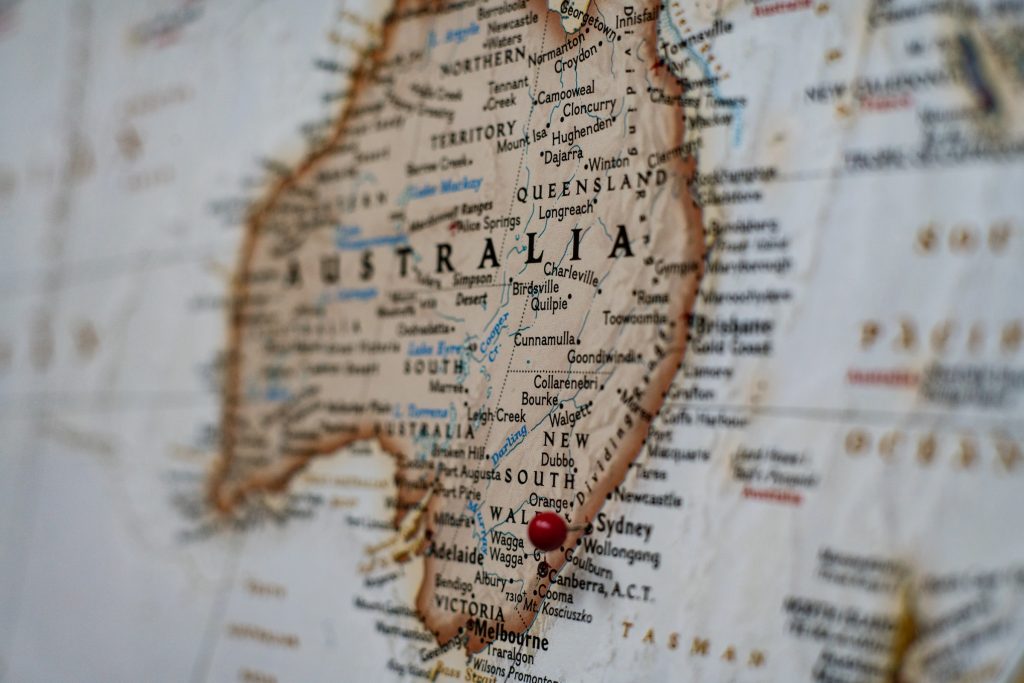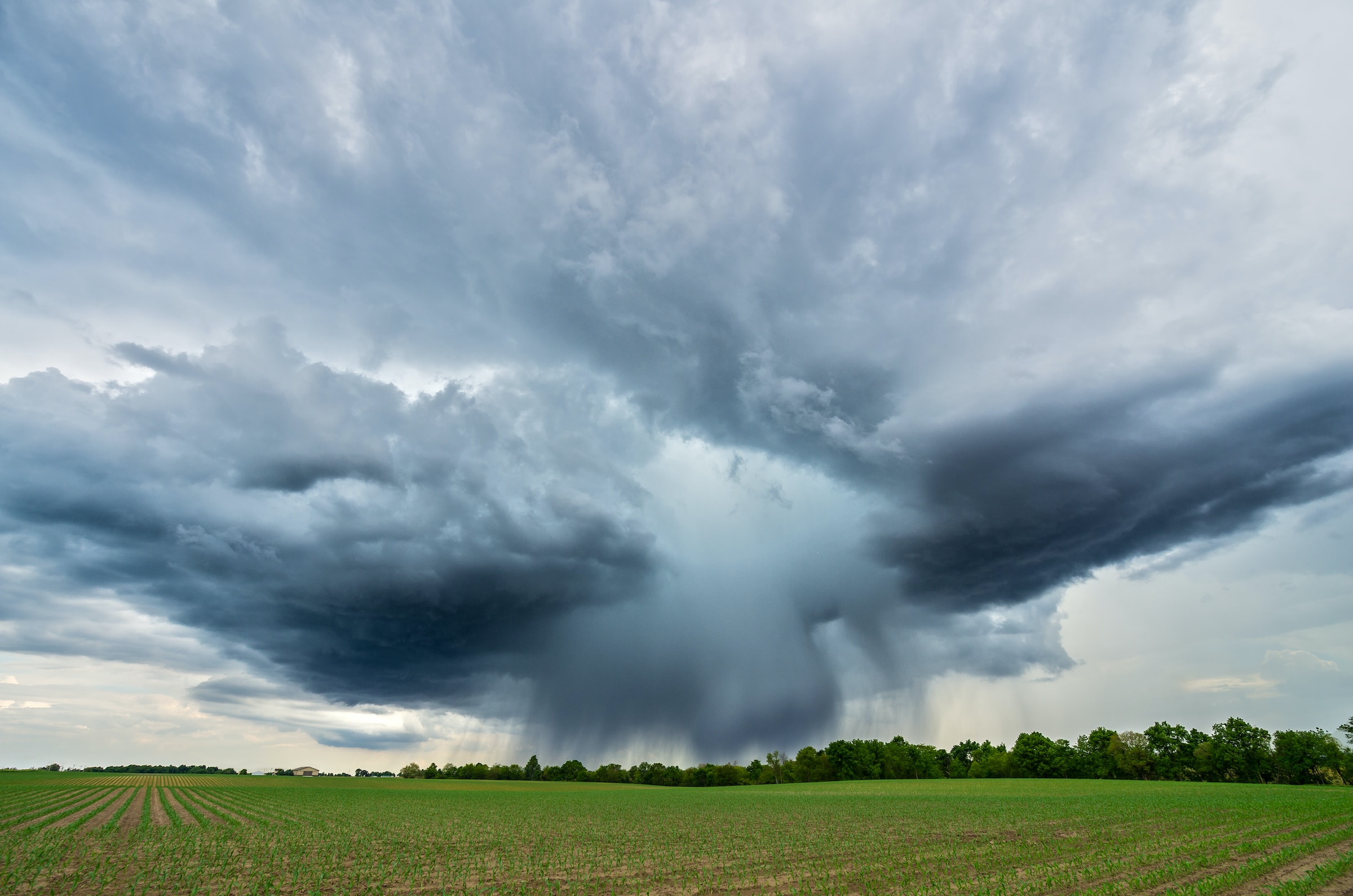
Australia Returns to the Green Climate Fund: Climate Diplomacy and Regional Strategy Intertwine
Australia has made a decisive move back into the global climate frontlines, marking its return to the Green Climate Fund (GCF). As the world’s largest climate-specific fund, the GCF plays a monumental role in aiding countries that bear the harshest brunt of climate change. This development precedes the GCF donor conference slated in Bonn, Germany.
Historical Context: Established in the wake of the 2015 Paris Agreement, the Green Climate Fund boasts of a portfolio nearing $13 billion, designated for projects across 128 countries. Australia’s initial stint with the GCF was marked by a four-year membership and a contribution of roughly 200 million Australian dollars ($127.4m). However, a shift in political winds in 2018 saw the nation step away from the initiative.
The Pacific Equation
Australia’s recommitment isn’t merely a global gesture; it holds significant regional implications. The Pacific, with its susceptibility to climate-induced challenges, is of paramount strategic importance to Australia, especially amidst the burgeoning influence of Beijing in the region. Ensuring climatic resilience for its Pacific allies remains a top priority.

A representative for Foreign Minister Penny Wong elucidated, “The GCF isn’t just another fund; for island nations in the Pacific, it’s a lifeline. Australia’s renewed commitment is both a recognition of its prominence and an acknowledgment of our Pacific neighbours’ priorities.”
Financing Climate Action
An International Dilemma: As nations gear up for further climate negotiations, financing remains a hotbed of contention. With the overarching ambition of limiting global temperature rise to 1.5 degrees Celsius, developing nations are ardently pushing for wealthier countries to bolster their support.
Mafalda Duarte, the GCF’s executive director, in a recent post on X (formerly Twitter), encapsulated the fund’s ethos: “Global solidarity is not a choice but a necessity. The GCF’s replenishment is our collective opportunity.”
World Powers Step Up: With countries like the UK and Germany already pledging billions to the GCF, and France joining the commitment brigade with 1.61 billion euros, all eyes are now on the United States. The US had previously pledged a whopping $3bn in 2014 but refrained from contributions in subsequent years. Its recent commitment to prioritize climate change, as evidenced by a landmark summit in Washington, DC, offers a glimmer of hope.
Conclusion
Australia’s return to the GCF is more than a diplomatic gesture. It’s a testament to the intertwined nature of climate diplomacy and regional strategy. As the world edges closer to irreversible climate thresholds, such commitments serve as a beacon of hope and a call to action.
©eco-guardians.org